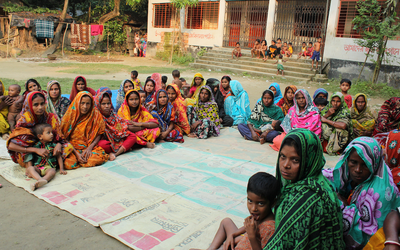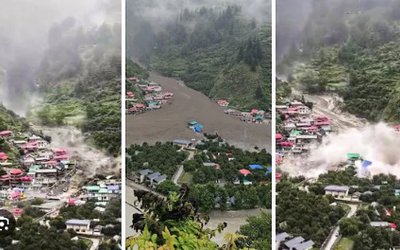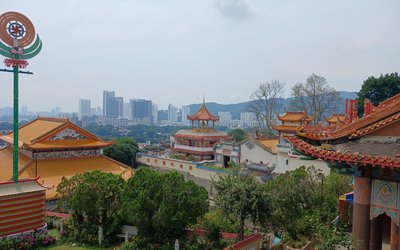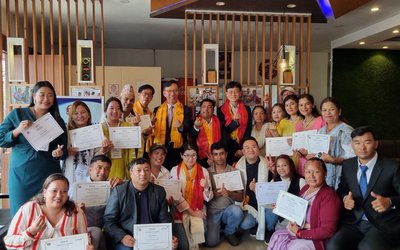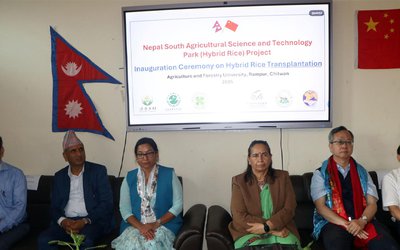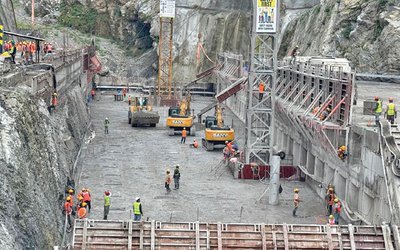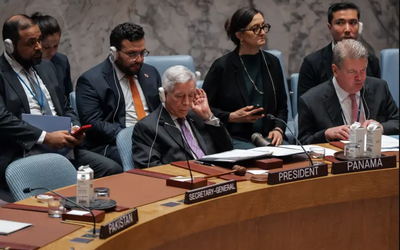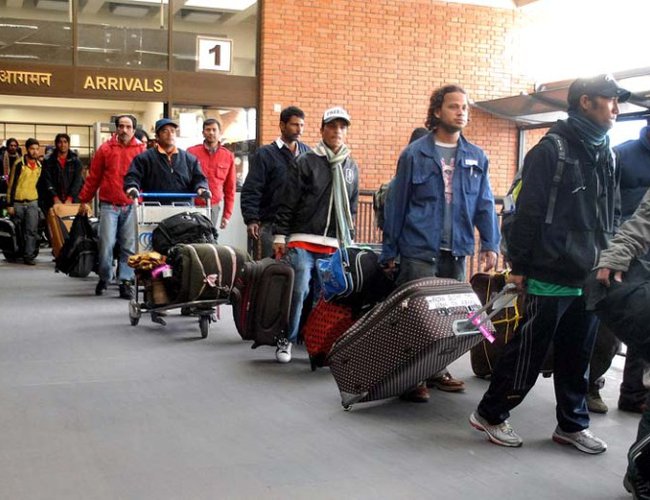
Over 1.5 million Nepali migrant workers in the Gulf region play a crucial role in the nation's economy. However, they face increasing vulnerability due to conflicts in host countries. These workers, often in construction or driving roles, are directly impacted by regional unrest, risking cancelled contracts, frozen salaries, and being stranded in crisis zones.
The statistics paint a clear picture. With over 1.5 million Nepali migrant workers in the Gulf region, they are the backbone of our economy. However, this reliance has turned into a significant vulnerability. The conflicts erupting in these host countries are not just distant news stories. For a Nepali construction worker on a remote site or a driver navigating unfamiliar roads, each outbreak can lead to a canceled contract, a withheld salary, or being stranded in a crisis zone with no means of return.
Yet, this issue goes beyond economic uncertainty; it also takes a toll on
emotions and human lives. Every missile strike or border skirmish sends waves of fear, not only through the host region but directly into the homes and hearts of families in Nepal. For workers already facing precarious conditions and limited legal protections, regional instability amplifies their vulnerability. They are often the first to be overlooked and the last to receive assistance.
The geopolitical landscape is rapidly changing, with new power centers emerging and alliances shifting. Nepal finds itself with limited leverage in this evolving global power struggle. As a country that primarily exports labor, especially to high-risk environments, Nepal risks being viewed as a supplier of easily replaceable labor rather than a sovereign partner. In times of crisis, those on the margins are often overlooked.
It is time for a significant revamp of our migration governance. Nepal needs to shift from being a passive recipient of remittances to actively protecting its citizens abroad. This involves negotiating and enforcing labor protections in bilateral agreements, expanding migration destinations, investing in skill development for safer opportunities, and equipping our embassies with effective crisis-response capabilities.
While global conflicts may be beyond our influence, safeguarding the dignity, safety, and rights of Nepali workers is within our reach. A nation that relies on outsourcing its economy should not neglect the security of its citizens. The experiences of our migrant workers are not just a byproduct of distant conflicts; they are a direct reflection of our national priorities.
- Climate Migration In Madhesh: Does Survival Mean Leaving Home?
- Jul 30, 2025
- Nepal’s Real Battle: Strengthening Democracy From Within
- Jun 09, 2025
- Nepal’s Geo-strategic Superpower: What If We Took Geography Seriously?
- May 03, 2025
- Beyond Policy: The Unfinished Fight For Women's Empowerment In Nepal
- Mar 12, 2025
- The Hidden Plight: Children In Agriculture And The Looming Shadow Of Hazardous Labor
- Jan 27, 2025

